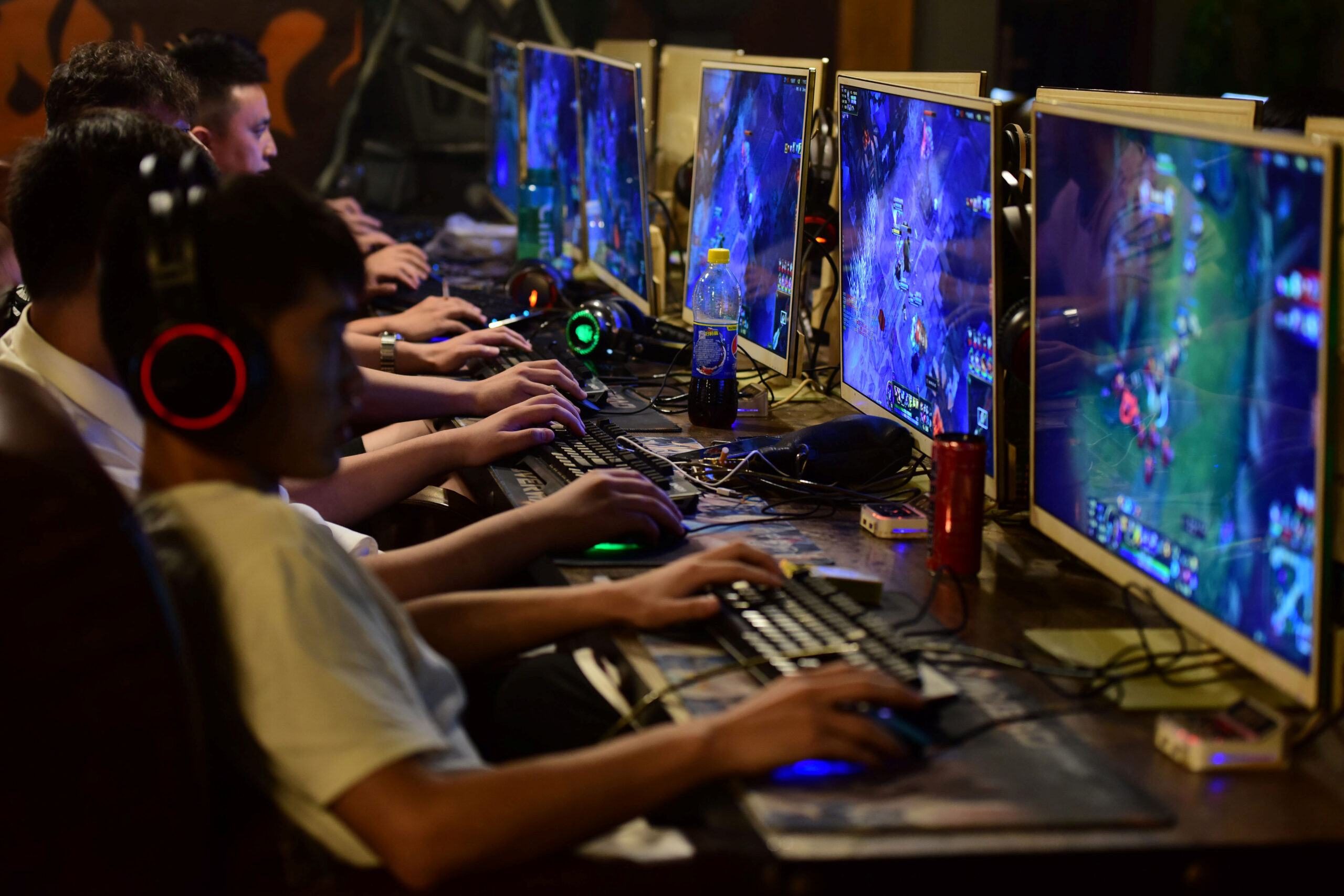In recent years, the social benefits of playing video games have become more widely acknowledged. However, the long-standing stigma that gamers are antisocial recluses remains in some circles. Even when the potential for gaming to bring people together is recognised, it’s often dismissed as a poor substitute for “genuine” human interaction. However, this cannot be farther from reality. Here are some social benefits of video games.

MMOs can improve your social skills
Engaging in massively multiplayer online games (MMOs) can correlate with a stronger sense of social identity, higher self-esteem, lower levels of loneliness, and better social competence. After all, you’re working towards the same goal as a bunch of other players, and of course, you’re honing your social skills! Furthermore, gamers report that a common interest can help build friendships and relationships, making a solid case for video games as a means of social connection.
You can make friends in online communities
Both face-to-face relationships and online gaming communities provide social capital that makes valuable friendships. Therefore, online, game-rooted friendships are as real as any offline friendships and should not be discredited merely because they are mediated through technology.
No matter your game of choice, you can make Internet friends. Let’s be honest. even if you play slots games online, which is not the most social game you can play, you can make friends that share your common interest by joining a forum or participating in chat rooms.
Gaming can reduce depression
There is a growing body of research that has found reductions in loneliness and depression as well as improvements in mental health among gamers. Studies have found that gaming can provide a sense of belonging and social connection among players, especially for those who may struggle with social interaction in real life. Gaming communities can also provide support and a sense of camaraderie, which can help to reduce feelings of loneliness and isolation.
Moreover, playing video games has been found to have therapeutic effects on individuals suffering from depression, anxiety, and stress. It can act as a form of escapism, providing a temporary distraction from negative emotions and allowing individuals to recharge and feel refreshed.
Video games can increase cognitive skills
Playing video games can also support cognitive skills. Some studies found that video games can help improve problem-solving skills, particularly in open-world, mission-based games structured around completing many smaller tasks and puzzles to achieve a greater goal in the game. There’s also research to support that cognitive performance, particularly in tasks related to memory and response inhibition, was better among children who played video games for around 21 hours a week compared to those who did not play any video games.
Gaming can grow your brain
Gaming can also be good for your brain’s grey matter, the outer layer of brain tissue that contributes to motor skills, memory, and emotional response. A study compared expert players of action-based video games with novice players and found that the former had increased volumes of grey matter and greater functional connectivity.
In conclusion, video games are more than just entertainment; they can foster genuine psychological benefits and feelings of community. While gaming has its downsides, its benefits are too numerous to ignore, and society must begin to acknowledge the positive aspects of gaming as well.
